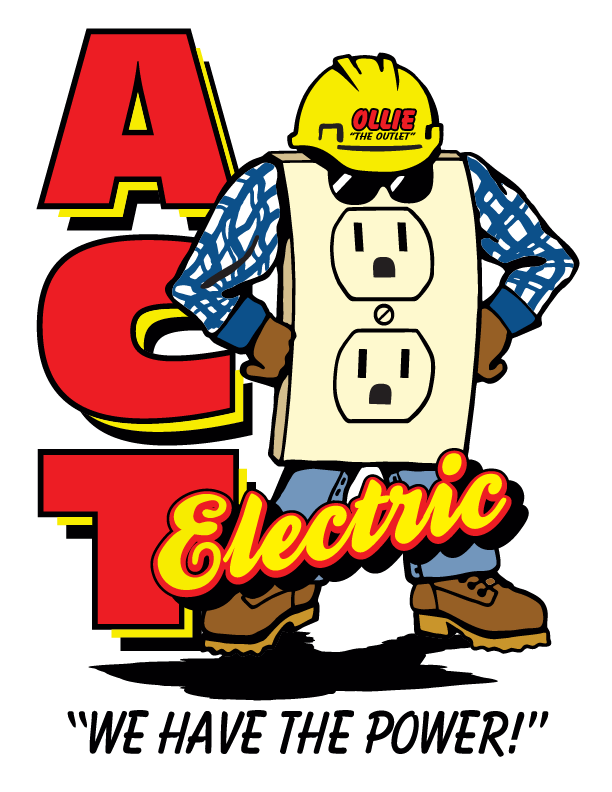Emergency Electrical Work in Industrial Environments
Proper planning, training, and the involvement of licensed electricians are essential components of an effective emergency electrical work strategy.
In industrial settings, electrical emergencies can arise unexpectedly, potentially causing significant disruptions to operations, posing safety risks, and resulting in substantial financial losses. Being adequately prepared for such situations is crucial for minimizing downtime, maintaining safety, and quickly restoring normal operations. Proper planning, training, and the involvement of licensed electricians are essential components of an effective emergency electrical work strategy.
Developing an Emergency Response Plan
The foundation of preparing for emergency electrical work is a comprehensive emergency response plan. This plan should outline specific procedures for different types of electrical emergencies, such as power outages, equipment failures, or electrical fires. It should clearly define roles and responsibilities, communication protocols, and step-by-step actions to be taken in various scenarios. The plan should be developed in consultation with licensed electricians and other relevant experts to guarantee its effectiveness and compliance with safety regulations.
Identifying Critical Systems and Equipment
An essential step in preparation is identifying and prioritizing critical systems and equipment within the industrial facility. These are components whose failure would have the most significant impact on operations, safety, or regulatory compliance. By understanding which systems are most crucial, resources can be allocated more effectively during an emergency.
Establishing a Relationship with Licensed Electricians
Having a pre-established relationship with qualified, licensed electricians is vital for rapid response to electrical emergencies. These professionals should be familiar with the facility's electrical systems and specific industrial processes. Regular maintenance and inspections by these electricians can help prevent emergencies and provide valuable insights for emergency planning.
Maintaining an Emergency Kit and Spare Parts Inventory
A well-stocked emergency kit is essential for addressing electrical emergencies promptly. This kit should include personal protective equipment (PPE), basic tools, emergency lighting, and safety equipment specific to electrical work. Additionally, maintaining an inventory of critical spare parts can significantly reduce downtime during emergencies. Licensed electricians can provide guidance on which spare parts are most crucial to keep on hand based on the facility's specific electrical systems.
Regular Training and Drills
Employees at all levels should receive regular training on electrical safety and emergency procedures. This training should cover basic electrical safety, how to recognize potential hazards, and the proper steps to take in various emergency scenarios. Conducting regular drills can help reinforce this training and identify any gaps in the emergency response plan. Licensed electricians can be valuable resources in developing and conducting these training sessions and drills.
Implementing a Power Backup System
For many industrial operations, even brief power interruptions can have severe consequences. Implementing a robust power backup system, such as uninterruptible power supplies (UPS) or emergency generators, can provide critical continuity during power outages. The design and installation of these systems should be overseen by licensed electricians to guarantee proper integration with the existing electrical infrastructure and compliance with relevant codes and standards.
Establishing Clear Communication Protocols
Clear and efficient communication is crucial during electrical emergencies. Establishing protocols for notifying key personnel, including licensed electricians and emergency services, can help expedite the response process. These protocols should include up-to-date contact information and clearly defined escalation procedures. Additionally, having a system in place for communicating with employees about the status of the emergency and any necessary safety measures is essential.
Conducting Regular Risk Assessments
Regular risk assessments of the electrical systems and work environments can help identify potential hazards before they lead to emergencies. These assessments should be conducted by qualified professionals, including licensed electricians, and should cover all aspects of the electrical infrastructure. The findings from these assessments can inform updates to the emergency response plan and guide preventive maintenance efforts.
Implementing Remote Monitoring Systems
Advanced remote monitoring systems can provide early warning of potential electrical issues, allowing for proactive intervention before they escalate into full-blown emergencies. These systems can monitor various parameters such as power quality, equipment performance, and temperature, alerting maintenance teams and licensed electricians to anomalies in real time. While not a substitute for on-site inspections, remote monitoring can be a valuable tool in preventing and quickly responding to electrical emergencies.
Documenting and Reviewing Incidents
After any electrical emergency or near-miss incident, a thorough review and documentation process should take place. This process should involve all relevant parties, including the responding licensed electricians, to analyze the cause of the incident, the effectiveness of the response, and any lessons learned. These insights can be used to improve the emergency response plan, update training programs, and implement measures to prevent similar incidents in the future.
Preparing for emergency electrical work in industrial environments requires a multifaceted approach that combines planning, training, and the expertise of licensed electricians. By developing comprehensive emergency response plans, maintaining critical spare parts, conducting regular training and risk assessments, and leveraging advanced monitoring technologies, industrial facilities can significantly improve their readiness to handle electrical emergencies.
ACT Electric performs quality, licensed, bonded work at affordable prices for residential and commercial services. From troubleshooting to whole-house electrical renovations, our primary concern is the comfort and safety of our customers. Give us a call at (520) 610-7569 today!

